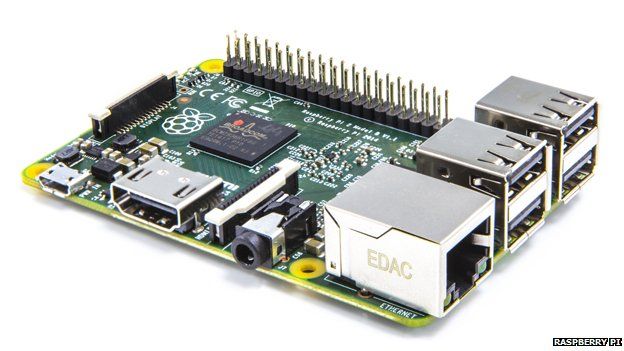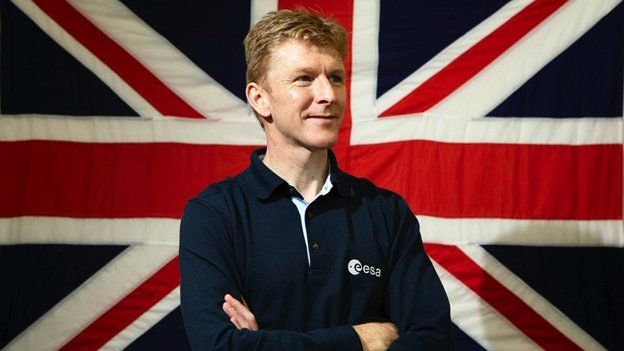It has been three years since the credit-card sized Raspberry Pi launched.
The Pi, and its community web pages, try to tempt the public and students to burrow beneath the bonnet of their computers, beyond Facebook, and try their hand at coding.
And with five million sold, it is today Britain's fastest-selling personal computer, a $35 (£25) successor to kit - or unassembled - computers like the Heathkit H8.
Eben Upton, Alan Mycroft, and four other academics at the University of Cambridge's Computer Laboratory had noted a decline in skills and numbers of students applying to read Computer Science.
Twenty years before, applicants would have been avid tinkering hobbyists; lately, they may have only done a small amount of web design.
The European Commission has predicted a shortfall of 900,000 adequately skilled programmers and other technology professionals in Europe by 2020.
So the sextet founded the Raspberry Foundation as a charity to revive Britain's garage-geek spirit.
When British astronaut Tim Peake heads to the International Space Station this November, he will bring two augmented space Raspberries, called Astro Pis.
They will run experiments devised by primary and secondary school students, says Dr Upton, Raspberry's chief executive. The older students will also code them.
Programming 2.0
Programming is changing briskly.
Coding in the cloud is one trend likely to carry on, spreading collaborators across continents.
So also is the explosion of new languages, like Facebook's Hack scripting language or Apple's Swift, alongside classical tongues like C and Java.
We're likely to learn to code younger, and differently. The has 6.2 million registered users.
The Internet of Things, driverless cars, and drones will all yield more programmable platforms - but will coding for your cappuccino maker drastically change programming?
And what will the coding workplace be like, when today's Raspberry rugrats have grown into tomorrow's programming prodigies?
One interesting facet of the last 15 years is how little programming languages have changed.
Then and now, C and C++ dominate programming at deep, or highly-optimised levels.
One level up, C-derived languages - objective C and ones resembling C in syntax, like Java and Microsoft's C# - are in fashion for running most applications.
Then at the top, there is a big brace of scripting languages, like Perl, Python (named after Monty Python), and PHP, which is often used as glue for sticking together programmes to build a complete system.
Scripting languages live in a rich environment, with large numbers of links to other programmes, says Daniel Kroening, professor of computer science at the University of Oxford.



